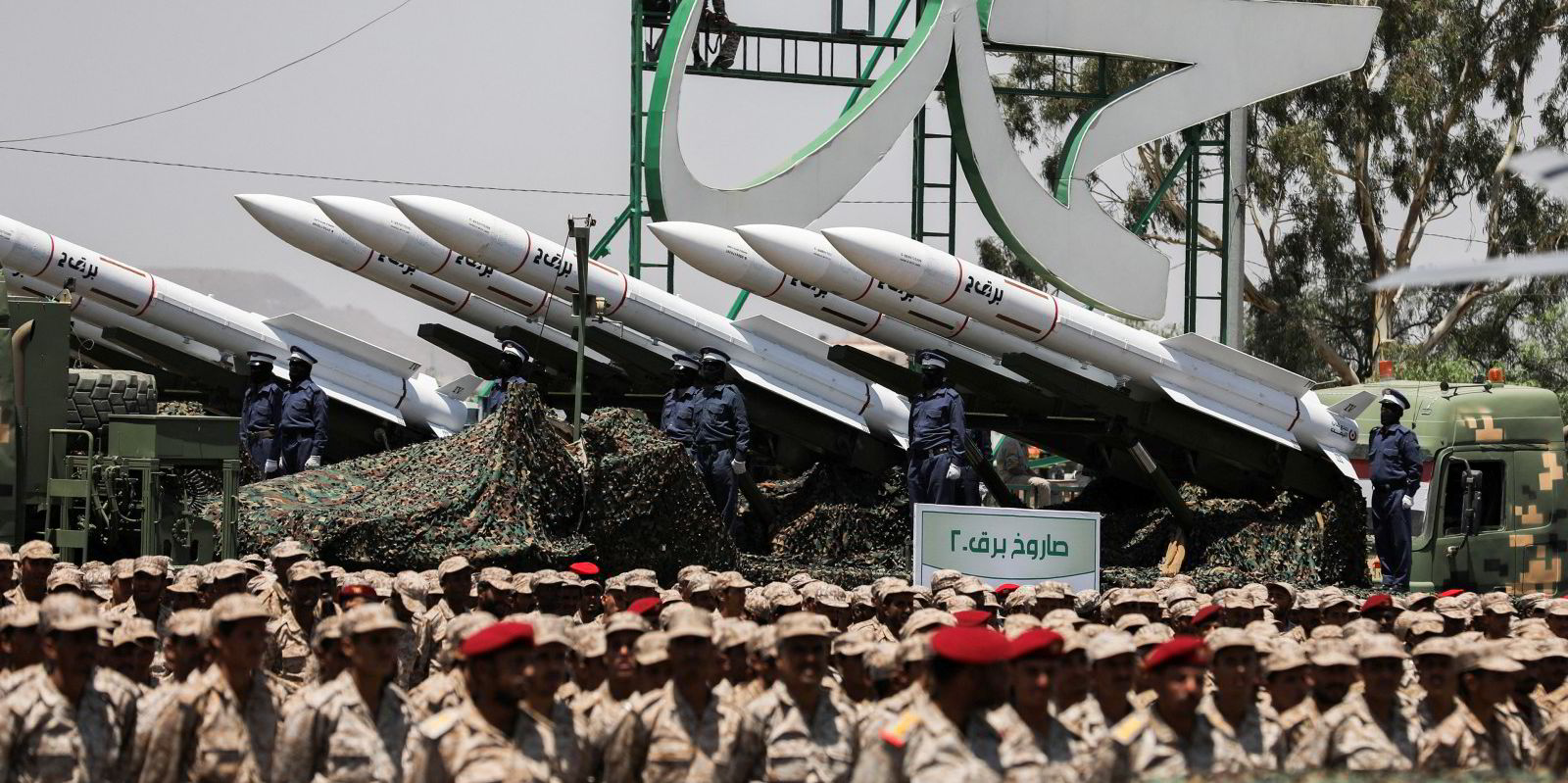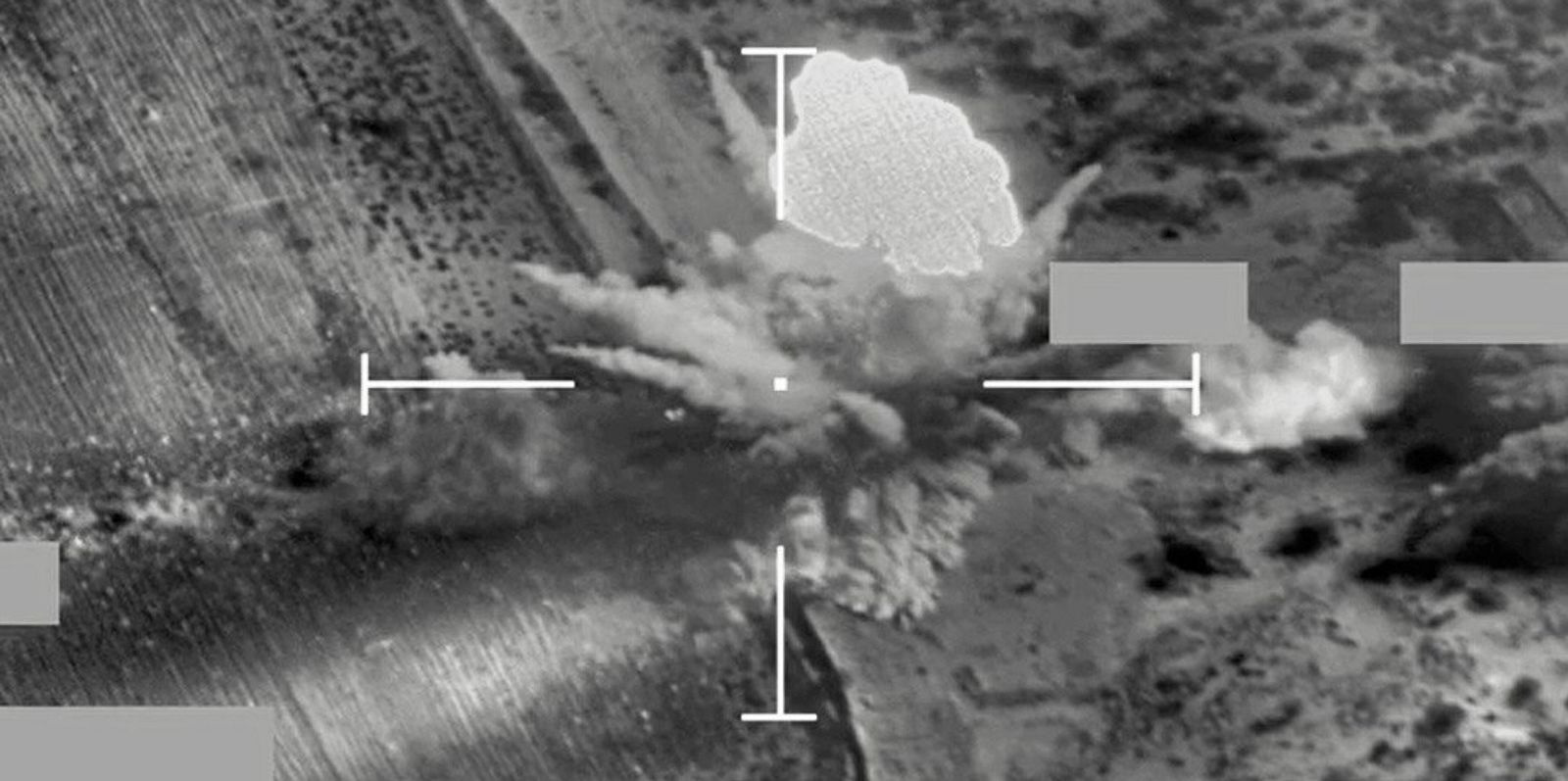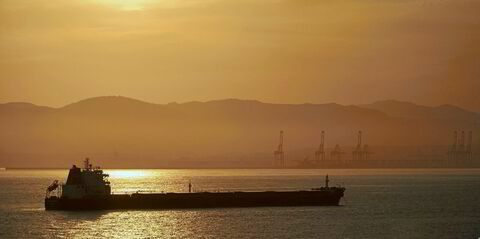When Hamas breached the fences of Gaza on 7 October, it started a chain reaction that barely a month later put shipping at the heart of a global military confrontation.
Airstrikes led by the US early on Friday against targets of the Houthi regime in Yemen have raised the stakes after a month in which key players had sought to prevent an escalation in the battle between Israel and Hamas.
All eyes are now on the Houthis’ financial and military sponsor, Iran. Will Tehran attempt to shut the vital shipping artery, the Strait of Hormuz, which would have huge implications for global shipping and the wider economy?
Will the airstrikes be limited in nature or the precursor to a broader conflict in the Middle East? And what will be the impact of a shipping industry already divided on whether it should reroute vessels away from the Red Sea because of the rising tensions?
The immediate response by the Houthis to the multiple strikes on targets in Yemen was a warning that they would “very soon” provide a military response.
Ansar Allah, as the Houthis officially call themselves, has a pledge to destroy Israel in its charter. Its bellicose statements in response to Israel’s punitive military campaign against Hamas in Gaza have been backed up by action, first with missiles launched towards Israel that were shot down, then with direct action against ships that the group deemed were connected to Israel.
Then came the audacious and professional hijacking of Ray Car Carriers’ 5,100-ceu Galaxy Leader (built 2002) in November. Video released by the rebels showed armed men landing on the deck by helicopter and fanning out across the ship.
The escalating drone and missile attacks on vessels in the busy shipping lanes of the Red Sea prompted the US to launch Operation Prosperity Guardian, a naval defence force.
The force was supported by 20 countries — although many were wary of publicly backing the mission because of concerns of reprisals.
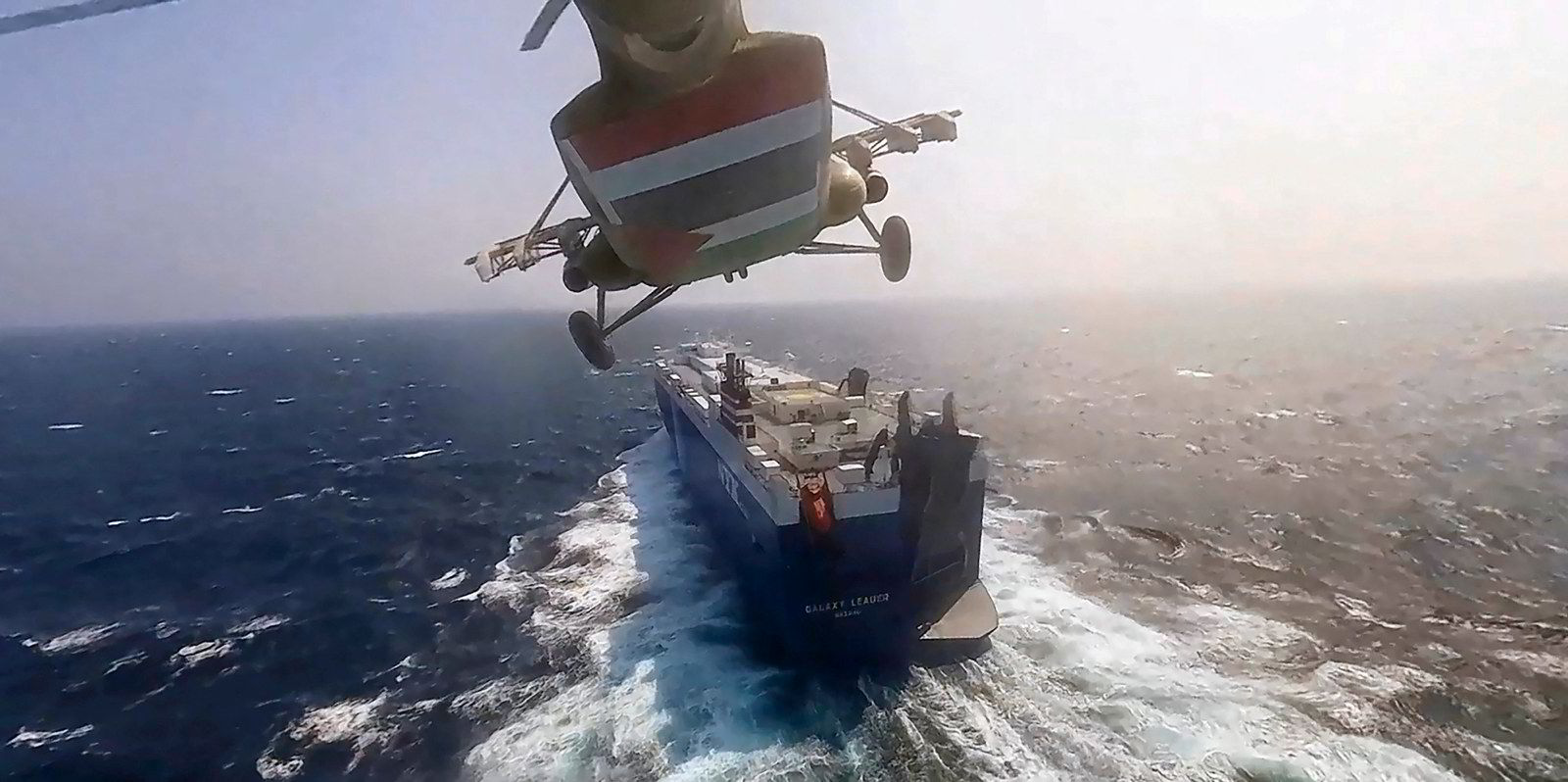
Two significant events inflamed tensions. An AP Moller-Maersk ship was repeatedly attacked by Houthis on 30 December by missiles and groups in small boats. As part of the skirmish, US forces fired on three Houthi boats and killed their crew.
Ten days later, the Houthis launched their largest missile and drone attacks on shipping lanes where dozens of commercial vessels were transiting, according to US Central Command.
Twenty-one missiles were shot down by US and UK naval forces. Although no ship was struck, it prompted the Americans to repeat a warning issued by 14 countries six days earlier: “The Houthis will bear the responsibility for the consequences should they continue to threaten lives, the global economy, or the free flow of commerce in the region’s critical waterways.”
The consequences came three days later. In the aftermath of the attacks, the Houthis vowed to continue targeting Israeli ships and vessels heading towards Israel.
Arctic Securities said the airstrikes were unlikely to change much in the short term. “Our observation is that airstrikes in themselves rarely have been a game-changer,” its analysts said.
But it said the US-backed strikes make a period of longer shipments around southern Africa for oil tankers a “virtual certainty”.
While most container ships have rerouted via the Cape of Good Hope since the rise in tensions, the level of bulker and tanker traffic has dipped by about one-fifth, according to data analyst Vortexa.
Oil prices increased by 2% on Friday because of fears of wider disruption and the prospect of Iranian intervention in the Strait of Hormuz; this key oil choke point that lies between Oman and Iran is just 33 km (20.5 miles) at its narrowest point.
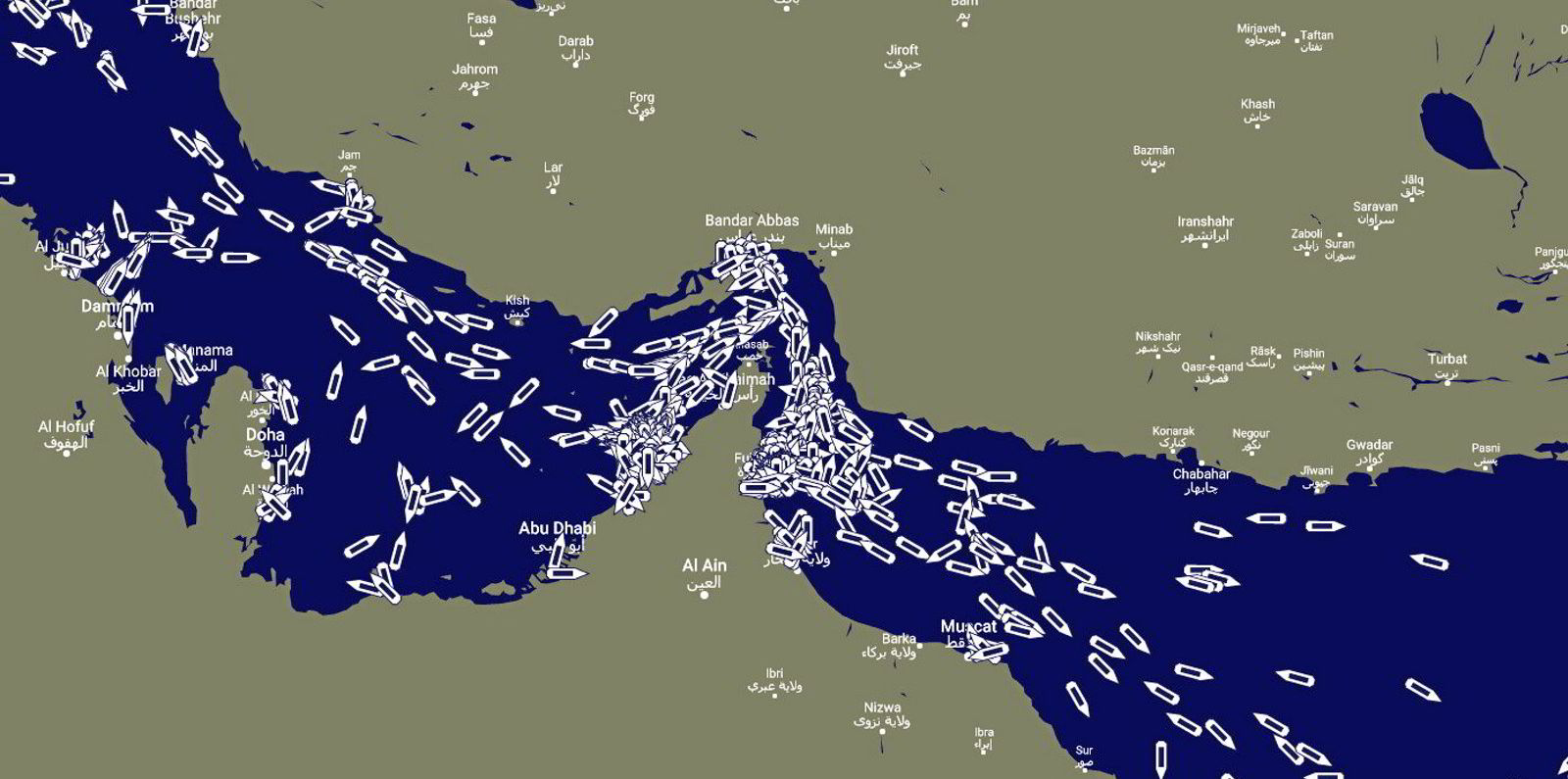
About one-fifth of the world’s total oil supply passes through the strait each day. Although Iran has threatened over the years to block the strait, it has never followed through.
Read more
- Major European shipping stocks rise in early trading as markets react to Houthi strikes
- Asia shipping equities show muted response to attacks on Houthi rebels
- Houthis pounded from air and sea as US and UK strike to protect shipping
- US and UK reportedly prep strike as Houthis defy warning with another missile
- Iran confirms tit-for-tat seizure of Greek-owned suezmax tanker
